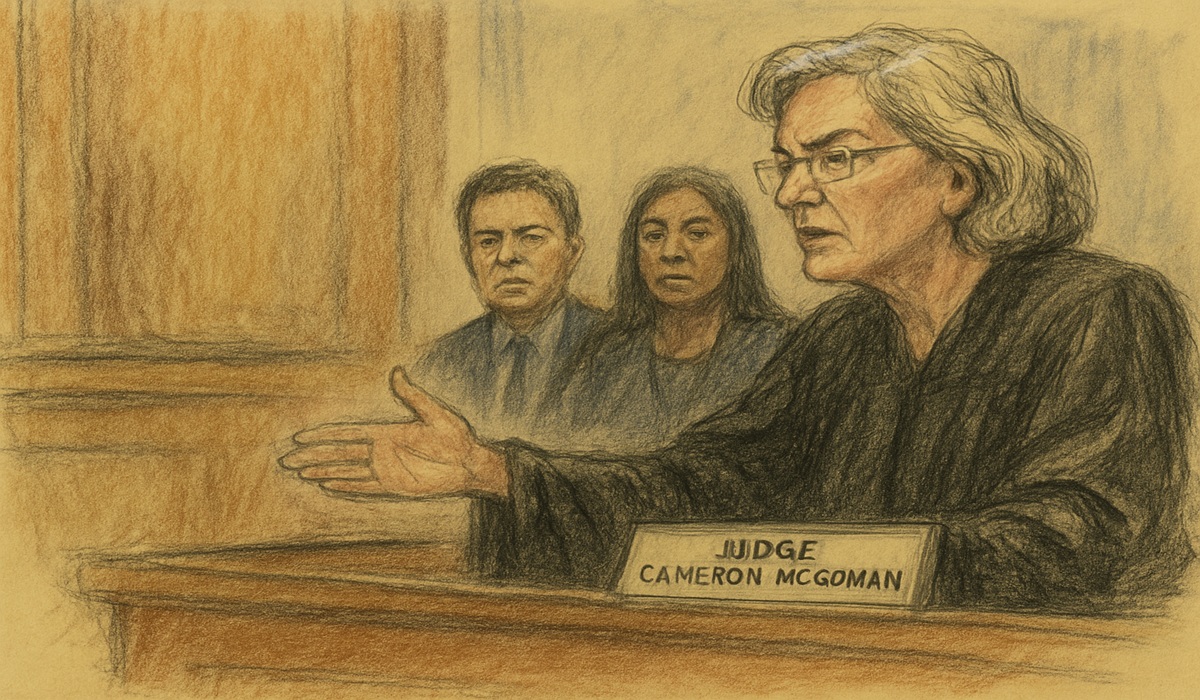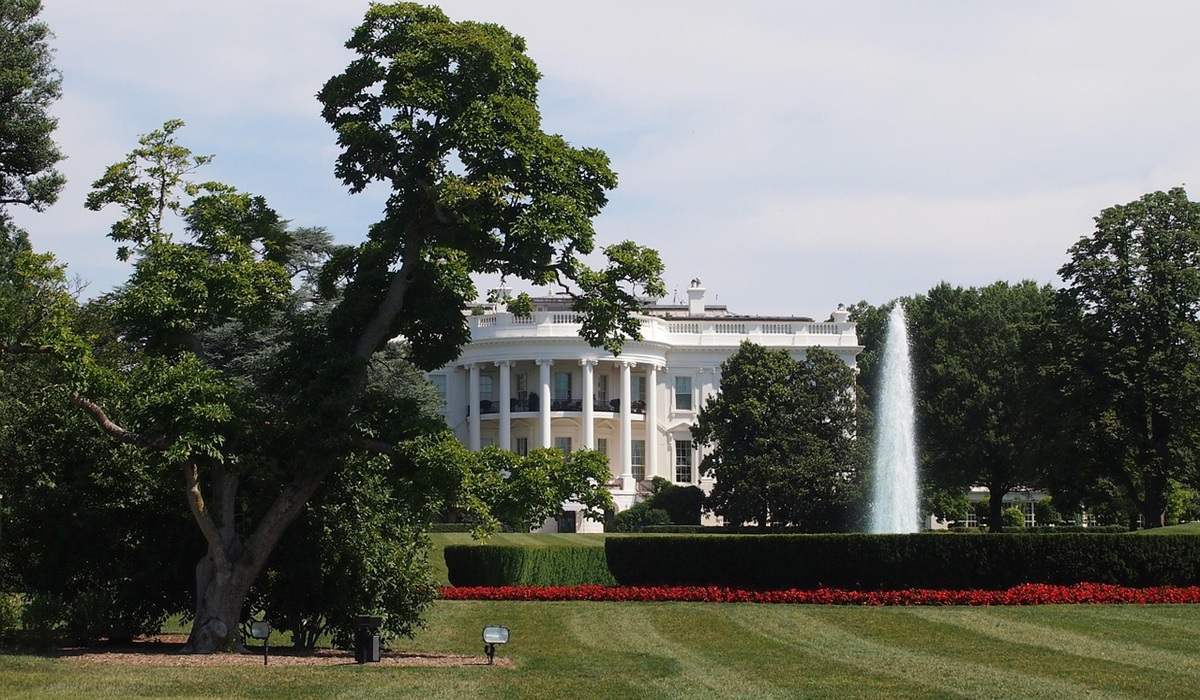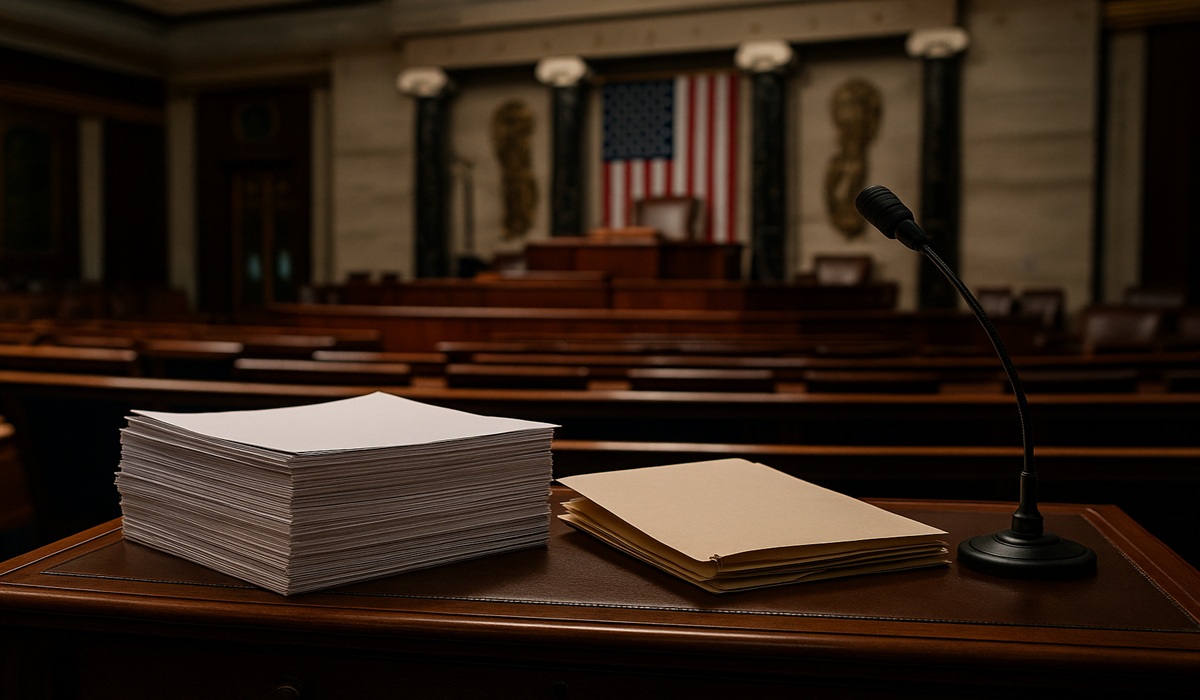When Procedure Becomes Power: A Judge’s Ruling That Rewrites the Narrative
- Ingrid Jones
- U.S.A
- November 25, 2025

In the world of law, drama is rarely found in grand speeches or bursting courtrooms. It lives instead in the quiet precision of statutes, appointments, and process. That is where, on Monday, a federal judge delivered a decision that instantly shifted the direction of two of the most politically charged cases in the country. The criminal prosecutions aimed at former FBI Director James Comey and New York Attorney General Letitia James were dismissed, not because of evidence weighed or testimony heard, but because the individual who brought the charges should never have been in that position in the first place.
At the center of the ruling was something most people never think about: how a prosecutor is appointed. Judge Cameron McGowan Currie determined that interim U.S. Attorney Lindsey Halligan was installed in a way that did not comply with the law. That technicality—so easily dismissed by the public as paperwork or political maneuvering—proved decisive. If the prosecutor had no legal authority, then every action taken under that authority collapses. The charges fall not with a bang, but with a simple conclusion: the process was invalid.
This decision does not clear anyone’s name in a moral or factual sense. It does not establish innocence. It does not praise or condemn the individuals who were accused. Instead, it reinforces an idea that sits at the core of any functioning democracy—that power must move through lawful channels or it is not power at all. No matter how compelling the argument, no matter how loud the call for accountability, no case can stand on a foundation that was never legally built.
The moment is revealing in its timing and in its symbolism. These prosecutions were widely viewed through a political lens. Comey and James have both been vocal figures in opposition to President Donald Trump. The charges against them, therefore, were never going to be seen as neutral by the public. They lived inside an atmosphere of suspicion, part of a wider national tension where the justice system is increasingly interpreted as a tool rather than an institution. By dismissing the cases on procedural grounds, the court forced an uncomfortable but necessary pause: it separated law from anger, legality from agenda.
It also exposed something deeper about the current state of American governance. When systems are rushed, bent, or reshaped to achieve an outcome, those same systems tend to push back. Institutions do not fall apart overnight. They strain, they creak, they show signs of stress, and then—sometimes in a single ruling—they remind everyone why they were created in the first place. The requirement that a prosecutor be lawfully appointed is not ceremonial. It protects citizens from exactly this kind of moment, where the motivation behind a charge can become just as significant as the charge itself.
For those watching from the outside, the case is about two names and a political narrative. But for anyone paying closer attention, it is about something much larger. It is about the fact that democracies do not collapse only through violence or revolution. They erode when procedure is ignored, when rules are bent in pursuit of victory, when authority becomes transactional instead of lawful. That erosion can only be stopped when someone, somewhere in the system, says no. This ruling was one of those moments.
It also leaves a complicated and uncertain future. Technically, cases dismissed without prejudice can be revisited, refiled, reopened under a prosecutor who was appointed correctly. But time, public perception, and diminished credibility make that road far more difficult to walk. In Comey’s situation, the clock itself may have already run out. In James’s case, the legal door may still be open, but the political cost of walking through it again has grown significantly.
What remains, more than anything else, is a lesson. One that has nothing to do with party, personality, or allegiance. When the legal system is used for retaliation, even the smallest crack in the process can undo months or years of effort. Power that is not grounded in law is fragile. And in the end, it is not the loudest voice or the strongest figure who determines legitimacy. It is the quiet consistency of the law itself.
In that sense, Monday’s ruling was not just a legal decision. It was a reminder. The kind that arrives without ceremony and yet echoes for years to come.








